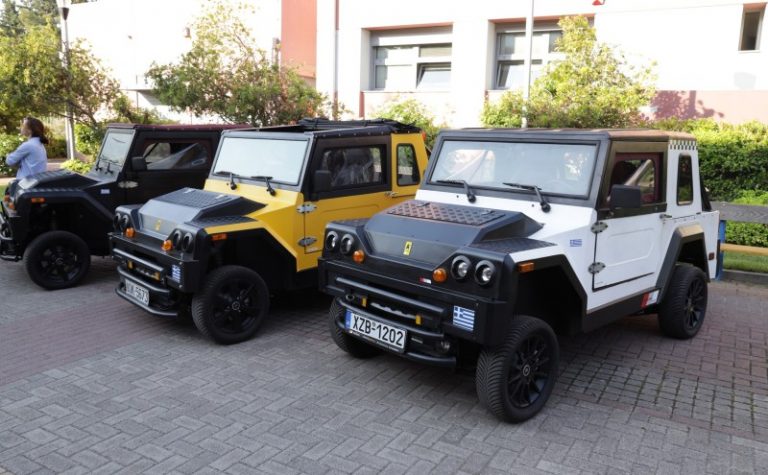Το κεφάλαιο «ελληνικό αυτοκίνητο» αποτελεί μια ιστορία παλιά και πικρή, καθώς παρά τις αξιόλογες προσπάθειες για την κατασκευή και παραγωγή ενός απλού, φθηνού και πρακτικού οχήματος στη χώρα, το αποτέλεσμα δεν ήταν αυτό που θα περίμενε κανείς.
Το μεγαλύτερο εμπόδιο στην προσπάθεια κατασκευής ενός αμιγώς ελληνικού επιβατικού αυτοκινήτου ήταν η εξασφάλιση έγκρισης από το κράτος και γι’ αυτό τον λόγο οι περισσότερες προσπάθειες έμειναν στα χαρτιά. Στις αιτίες αποτυχίας κάθε σχετικού εγχειρήματος προστίθεντο το κόστος παραγωγής, το μικρό μέγεθος της ελληνικής αγοράς και η αδυναμία ανταγωνισμού των ξένων αυτοκινητοβιομηχανιών.

